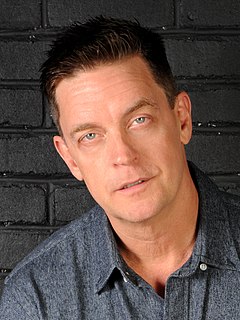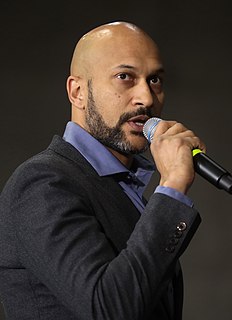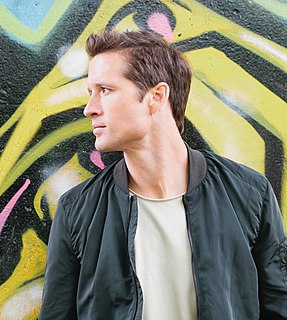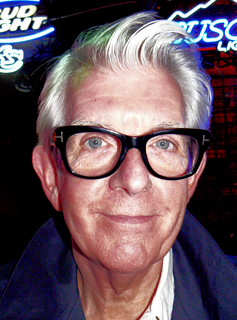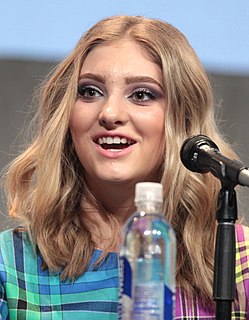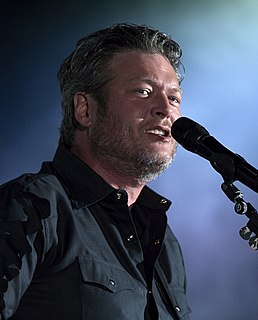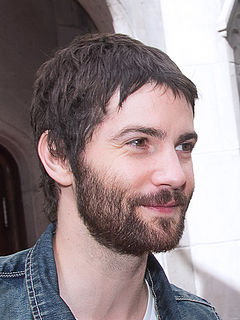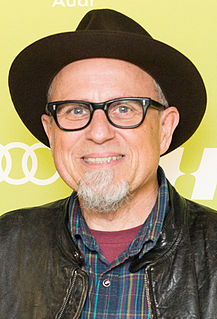A Quote by Jim Breuer
The faith world to me is like a radio station. It's there. And if you want to plug in and listen to it, kind of tune into it, it can definitely be helpful. I don't know if it's an energy? I don't know what it is, but it fascinates me.
Related Quotes
And then, one day, they program a new tune, and it really catches your ear, you know, because you can be doing the washing up or something, you know, in your apartment and suddenly you go, whoa, what are they playing in there? And you run to the wall, but it's finished - but the song's finished. You only heard enough of it just the pique your interest. And you never know when they're going to play it again, of course, like a normal radio station.
I wrote 'Turn Your Radio On' in 1937, and it was published in 1938. At this time radio was relatively new to the rural people, especially gospel music programs. I had become alert to the necessity of creating song titles, themes, and plots, and frequently people would call me and say, 'Turn your radio on, Albert, they're singing one of your songs on such-and-such a station.' It finally dawned on me to use their quote, 'Turn your radio on,' as a theme for a religious originated song, and this was the beginning of 'Turn Your Radio On' as we know it.
When I hear other artists talk, they talk about 'How come radio's not playing my song?' Well, you have to look at it under a microscope and know that each station is just trying to do what's right for their market, and it's scary for a radio station to add a song that they don't know how well it's gonna do for them.
[on River Phoenix] I would love to see what kind of choices he would be making now if he was still around, some of the characters that he would have played. I mean, to me he was like a rock star, you know, he had it all: he had the looks, he had a great name, he had an attitude, an energy, an excitement about him. He was instinctively like a, he was a rebel, you know? He was kind of Bob Dylan to me, at times, and he had a lot to say. And I've never seen too many interviews by him, but the ones that I saw were pretty electric, pretty... he was switched on, definitely.
Kurt (Cobain) was a fan of my standup, which was pretty weird. I know when people hear that, it's kind of like finding out that Jimi Hendrix really liked Buddy Hackett, but he interviewed me at a college radio station before they broke and did Bleach. And then, like, about two years later, I was opening for Nirvana at these huge sports arenas.
